In the mid to upper elementary students will be required to notice tiny details in text and then use those details to make complex inferences about characters, or setting, or theme. These skills are hard and often students who fall behind in reading have issues with making inferences. Over my time in working with students who struggle, I’ve realized that not only do they struggle with using those details to make the actual inference, but they struggle with simply noticing the details in text. One strategy that I’ve started using with students is to practice their “observation” skills first. What do you observe in the text? What do you notice? And I begin this process by first taking the text away and observing a picture. For example, take a look at this Norma Rockwell painting. Using only your skill of observation make a mental list of everything you see. Your list may start with things like: girl bench door two people in a separate room Once you list the obvious drill down even further. Zoom in to specific areas of the painting and get specific. For example if you zoomed in on the girl you might say: hair ribbon socks knees black eye But then we need to take it one step further. Let’s get descriptive about what we see in case we weren’t at first. messy hair untied ribbon slouchy stretched out socks bruised knees / bandaged knee black eye These are the details that will lead you to making inferences. (hair, ribbon, socks, and knees won’t allow you to make inferences that mean anything.) Now that you’ve spent some time noticing. Tell me what do you think is going on in the picture? This “thinking” part will be your inference. Think about the following questions:
This process is helping in getting kids to notice and observe the details first and then use those details to make logical inferences. Reading With Your Child This same process can be used to get young kids to start thinking higher level. For example, when reading a book to a young child pause on a page and ask some of the following questions: *What’s happening in this picture? or Oh no! What happened? *How does she feel? (If the child is able to correctly answer the question- follow it up with: You’re right. She’s sad. Look at her tears rolling down her face. Look at her lip puckering out.) Point out the “evidence” in the text to them. When they get older you will be able to ask them How do you know? *Why is she sad? *Is it daytime or nighttime? How do you know? Yes it’s nighttime. Look at how dark it is. The moon is out. The moon comes out in the night time and the sun is out in the day time. *What’s going to happen next? Simple questions like this can help young children develop vocabulary and higher level thinking skills. Some great books for making inferences with young children are wordless/nearly wordless board books such as the David books and the Carl books. However, any page of a book can work. 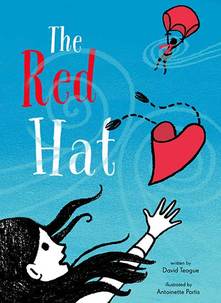 By Mira Reisberg Because Antoinette Portis is one of my favorite illustrators, I decided to do another review of one of her books, The Red Hat, which on the surface is a simple story by David Teague packed full of delightful adventures with Antoinette’s powerful illustrations. Here's a little about the story: Billy Hightower lives at the top of the tallest tower in the world, and he wants nothing more than to meet the girl in the red hat who lives at the top of the next tower over. The wind, unfortunately, has other ideas and thwarts Billy’s every attempt to communicate with the girl in the red hat—even blowing Billy and his homemade wind-surfing parachute off the tower! Billy’s single-minded determination to meet the girl next door is totally charming. David Teague’s to-the-point sentences reflect Billy’s focus to achieve his goal, even with the use of very little dialogue, and give Antoinette free reign with her active illustrations. Every page shows Billy at a different angle, size, and perspective, doing a fantastic job of keeping the story moving and reader’s interested in Billy’s plight. The wind in this book is a character in its own right, ingenuously depicted as smooth, subtle light blue-green curling lines which are slightly raised off the page creating an additional interactive dimension to the story. Antoinette uses a limited palette of black, white, and blue, along with small splashes of red—Billy’s scarf, the girl’s hat, Billy’s dialogue against the wind, which make these elements really stand out. Antoinette does a beautiful job bringing this story to life, expertly using point of view, a limited palette and multiple layers to delve deep into David Teague’s beautifully written, simple character-driven story or two kids in towers overcoming isolation to meet and connect. I hope that you'll pick up and enjoy this lovely book.
Children are shaped to be the adult they become by the example they are given. So often we question how to be a better parent. How do we "teach" our children? But there is no one full proof lesson guaranteed to shape a child. Most of the teaching comes from what they see from the adults they look up to and are around daily. So today, I post these picture books about kindness not to "teach" our children anything. I post them to inspire the adults to take a step back and remember how powerful our words can be. Meet Brian, the invisible boy. Nobody ever seems to notice him or think to include him in their group, game, or birthday party . . . until, that is, a new kid comes to class. When Justin, the new boy, arrives, Brian is the first to make him feel welcome. And when Brian and Justin team up to work on a class project together, Brian finds a way to shine. Can one good deed from an ordinary girl change the world? It can when she's Ordinary Mary--an ordinary girl from an ordinary school, on her way to ordinary house--who stumbles upon ordinary blueberries. When she decides to pick them for her neighbor, Mrs. Bishop, she starts a chain reaction that multiplies around the world. Mrs. Bishop makes blueberry muffins and gives them to her paperboy and four others--one of whom is Mr. Stevens, who then helps five different people with their luggage--one of whom is Maria, who then helps five people--including a man named Joseph who didn't have enough money for his groceries--and so on, until the deed comes back to Mary. It's a feel-good story that inspires and celebrates a world full of ordinary deeds! Friends come in all sorts of shapes and sizes. In Amos McGee’s case, all sorts of species, too! Every day he spends a little bit of time with each of his friends at the zoo, running races with the tortoise, keeping the shy penguin company, and even reading bedtime stories to the owl. But when Amos is too sick to make it to the zoo, his animal friends decide it’s time they returned the favor. Chloe and her friends won't play with the new girl, Maya. Every time Maya tries to join Chloe and her friends, they reject her. Eventually Maya stops coming to school. When Chloe's teacher gives a lesson about how even small acts of kindness can change the world, Chloe is stung by the lost opportunity for friendship, and thinks about how much better it could have been if she'd shown a little kindness toward Maya. Every Sunday after church, CJ and his grandma ride the bus across town. But today, CJ wonders why they don't own a car like his friend Colby. Why doesn’t he have an iPod like the boys on the bus? How come they always have to get off in the dirty part of town? Each question is met with an encouraging answer from grandma, who helps him see the beauty—and fun—in their routine and the world around them. All Jeremy wants is a pair of those shoes, the ones everyone at school seems to be wearing. Though Jeremy’s grandma says they don’t have room for "want," just "need," when his old shoes fall apart at school, he is more determined than ever to have those shoes, even a thrift-shop pair that are much too small. But sore feet aren’t much fun, and Jeremy soon sees that the things he has — warm boots, a loving grandma, and the chance to help a friend — are worth more than the things he wants. Who knew that cakes were so rude?! In this deliciously entertaining book, a not-so-sweet cake—who never says please or thank you or listens to its parents—gets its just desserts. Mixing hilarious text and pictures, Rowboat Watkins, a former Sendak fellow, has cooked up a laugh-out- loud story that can also be served up as a delectable discussion starter about manners or bullying, as it sweetly reminds us all that even the rudest cake can learn to change its ways. It was the perfect summer. That is, until Jeremy Ross moved into the house down the street and became neighborhood enemy number one. Luckily Dad had a surefire way to get rid of enemies: Enemy Pie. But part of the secret recipe is spending an entire day playing with the enemy!In this funny yet endearing story, one little boy learns an effective recipes for turning your best enemy into your best friend. Accompanied by charming illustrations, Enemy Pie serves up a sweet lesson in the difficulties and ultimate rewards of making new friends.
|
We are so excited to be mixing things up at CBA, beginning with some delicious additions to the Blogfish. Meet our awesome bloggers!!
Here's our lineup: 1st Mondays begin with former school psychologist Dr. Debra Collins who will be writing about Social emotional Learning in kidlit and behind the scenes as well as Jewish children's books. 2nd Mondays will feature super smart Melissa Stoller whose career is taking off with several new books. 3rd Mondays will feature our new blogger coming soon. 4th Mondays features new blogger, the fabulous Brentom Jackson, who has a beautiful approach to blogging. And 5th Mondays we'll be taking a break Archives
July 2024
|
|
Discover
|
About Us
|
Join Us
Join our Community and receive a fabulous free gift, KidLit tips, newsletters, scholarship info, contests, and more!
Join our KidLit Mentorship |
Social Media
Interact with our FaceBook Group or follow us on:
|
© 2010-2024 All content on this website is copyrighted. Sorry, all courses are non-refundable.
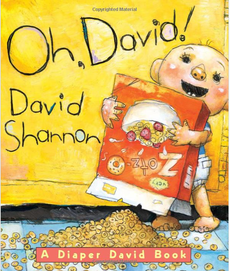
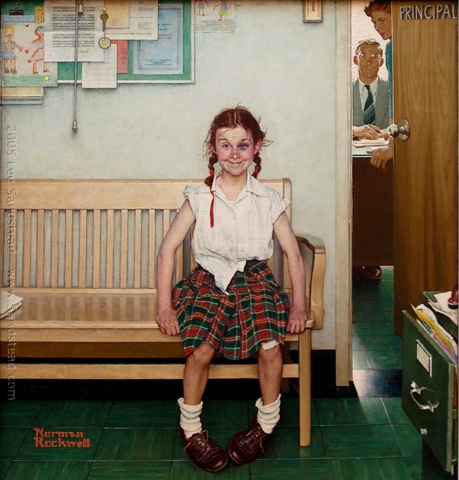
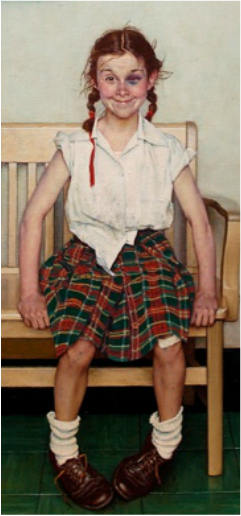
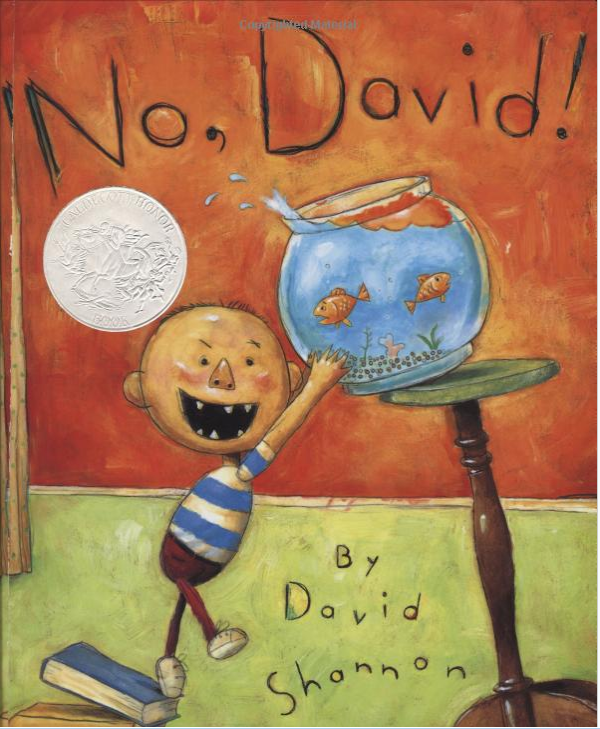
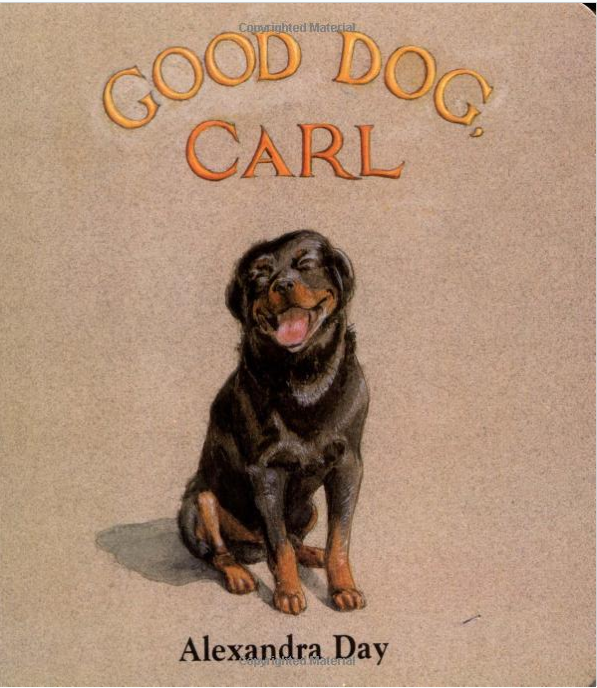
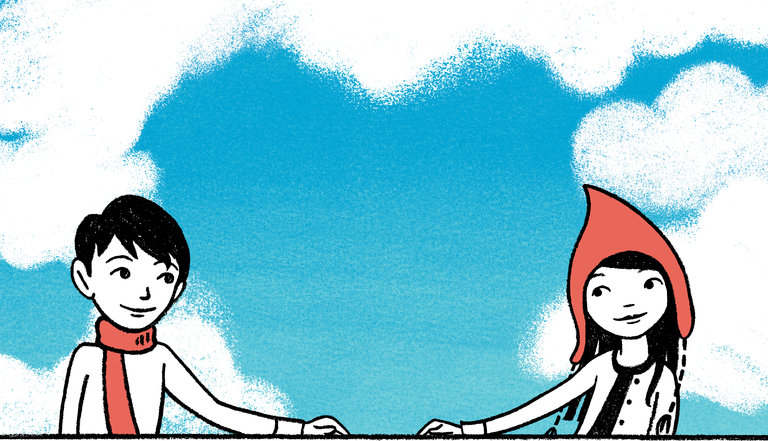
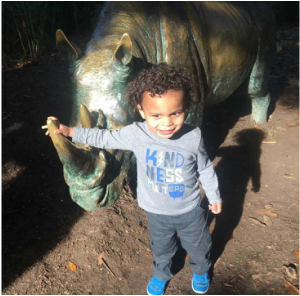
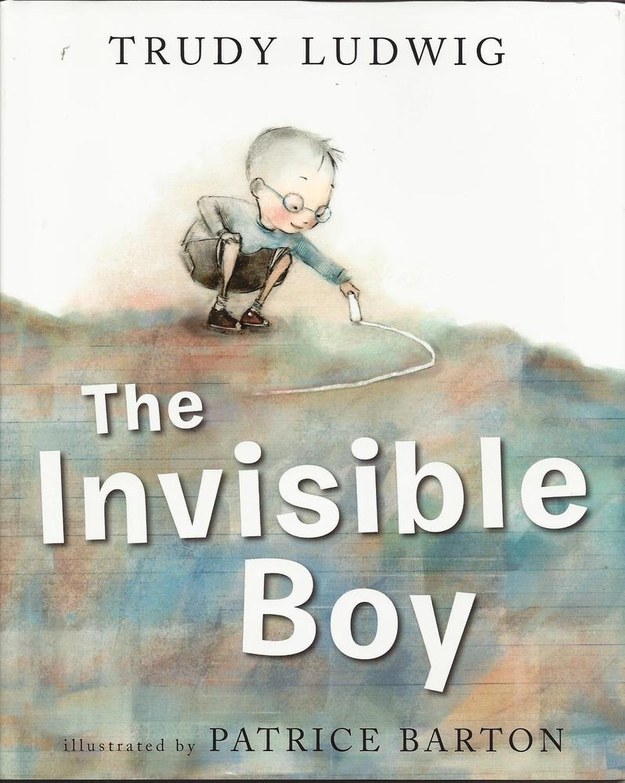
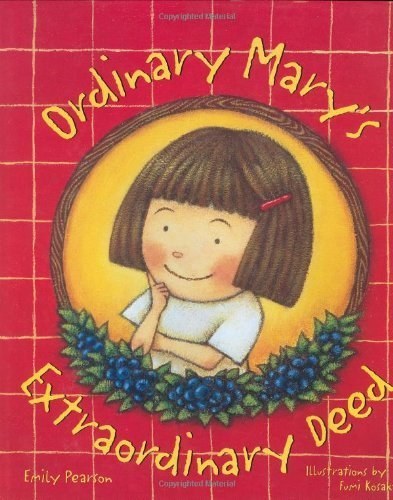
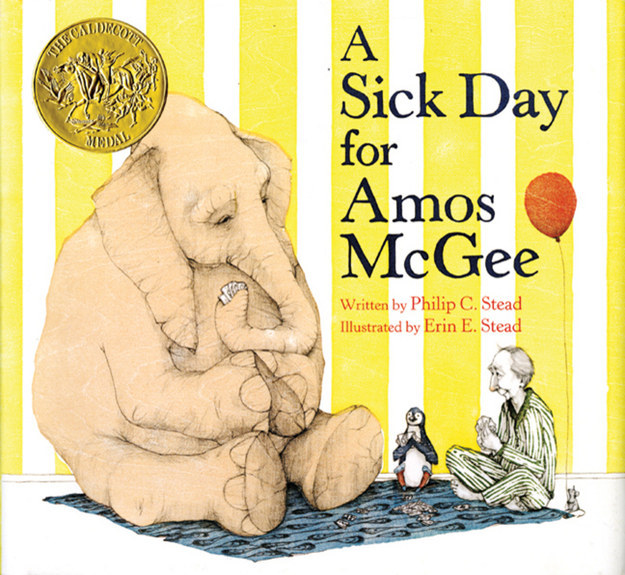
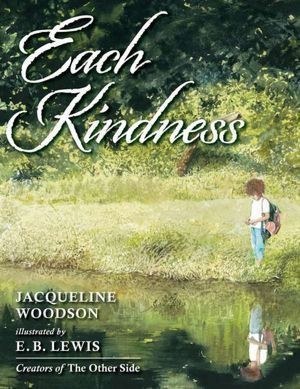
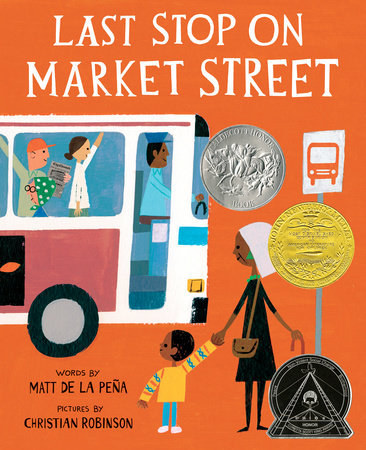
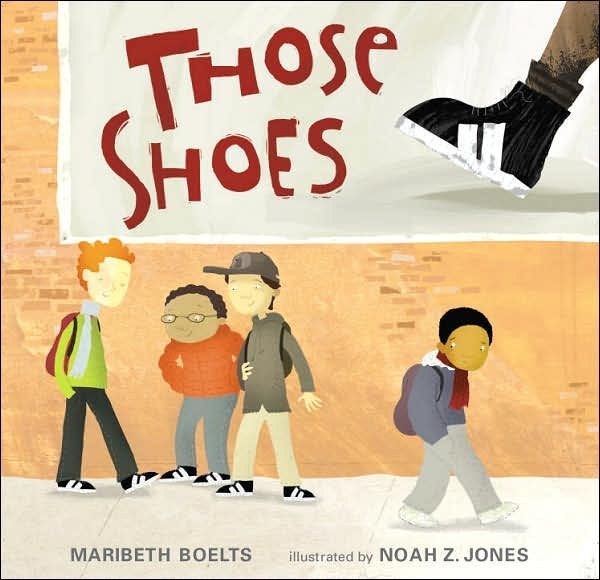
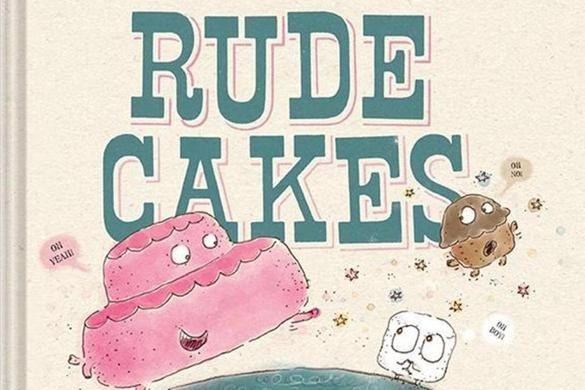
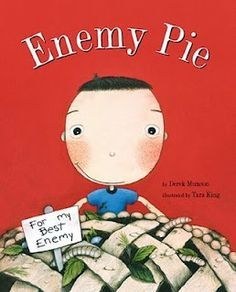
 RSS Feed
RSS Feed
